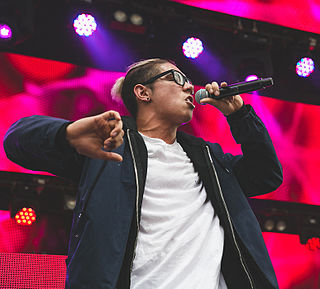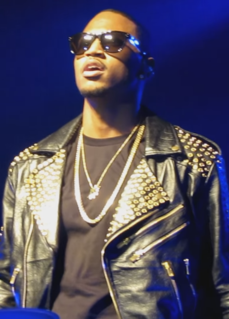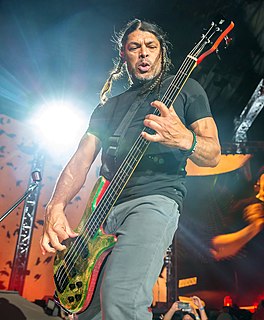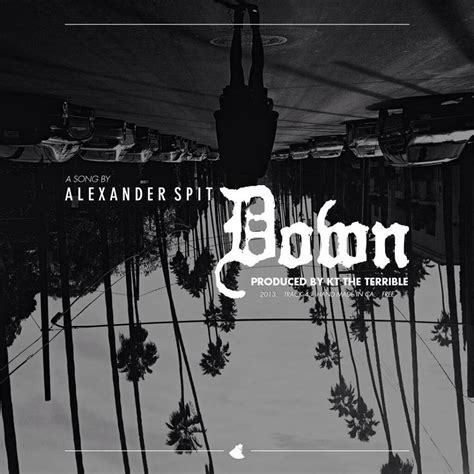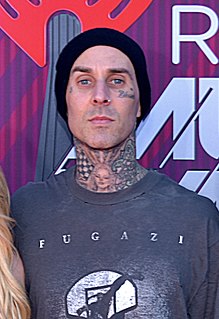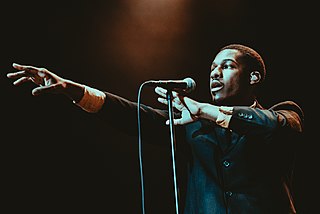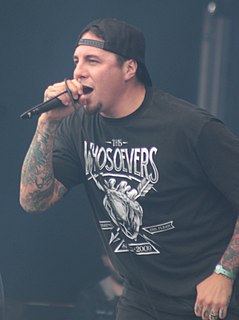A Quote by William Singe
There are a lot of singers, but they weren't doing it the way I was, taking an Adele song and putting a hip hop beat behind it to make it a different song.
Related Quotes
Barriers have been broken: rappers are singing, and singers are rapping. You might catch a rapper on a rock song, a pop artist on a hip-hop song - there are so many different things that are going on today. That is the same way in which we live our lives; we're all over the place. I like to try different things.
Some artists are definitely trying to do different styles. Some, not a lot. But even from what you've seen [of] Outkast, Kanye West, and Lil' Wayne, and different people expressing their way of evolving in hip-hop. In the evolution of hip-hop, they're doing different things. And you've seen hip-hop have more of a global presence and impact on the world.
There needs to be structures in place to do something about misrepresentation about hip hop. When awards are given out and the media talk about hip hop, they're confused because they haven't done their homework on it so you have a case where there's an award for the most pop song in the world and it's called 'hip hop'.
My definition of hip hop is taking elements from many other spheres of music to make hip hop. Whether it be breakbeat, whether it be the groove and grunt of James Brown or the pickle-pop sounds of Kraftwerk or Yellow Magic Orchestra, hip hop is also part of what they call hip-house now, or trip hop, or even parts of drum n' bass.
With rock music, it usually revolves around the band. You go in as a band and probably take about a year to record an album. But for a hip-hop song, you can create a track and an idea with verses and choruses in a day, and get three different people on it. It seems like you're able to do more with hip-hop.
To be honest, that whole exchange with Crunk Feminist actually made me write the song because I realize there's a lot of young women out there so hurt by the misogynistic images in hip-hop they paint it with such a broad brush stroke that they think anybody that defends hip-hop is defending misogyny.
